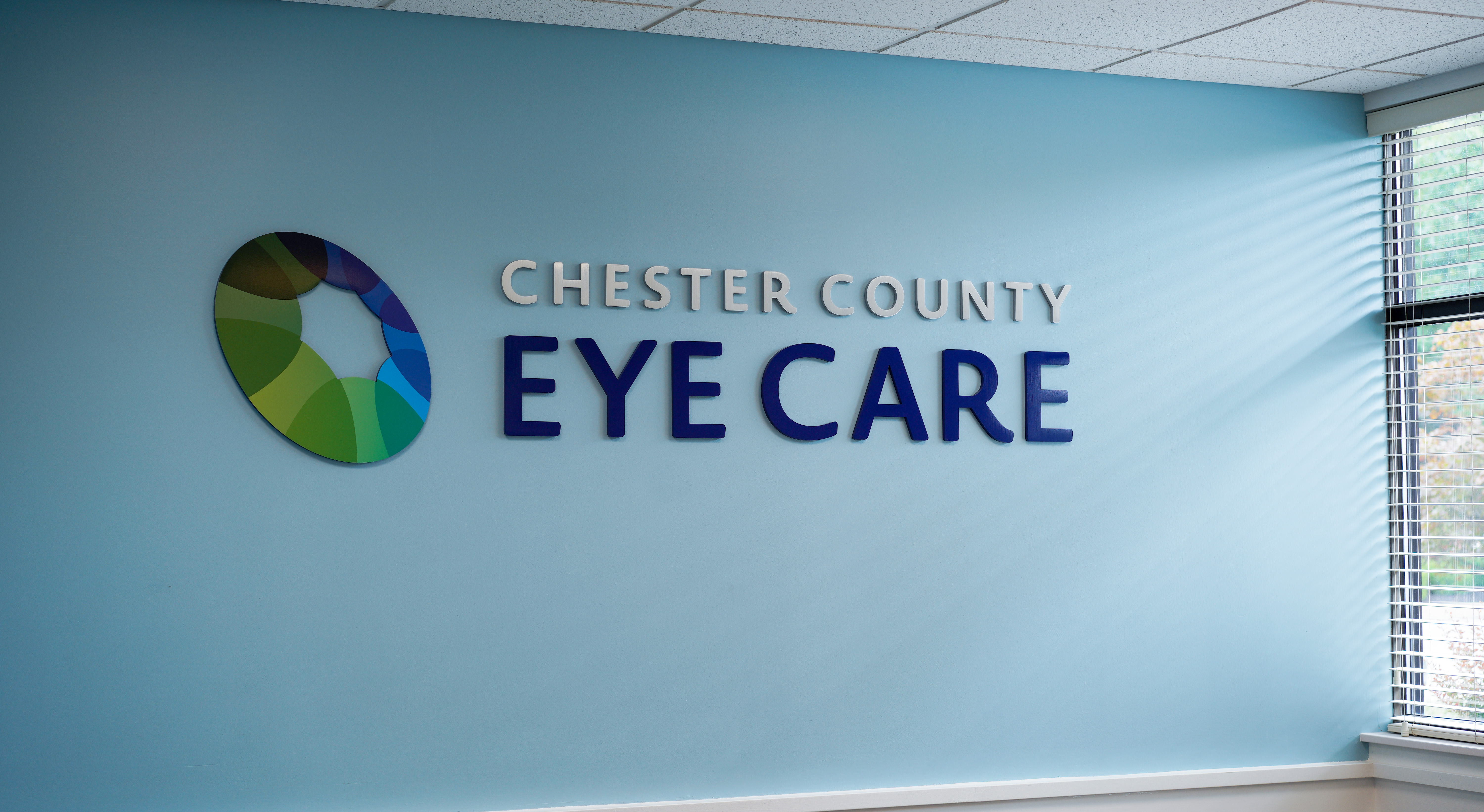The Effects of Aging on Your Eyes and Vision
In part one of our new blog series on eye care and vision health, ophthalmologist Bruce I. Stark, MD discusses the natural aging process and how it can affect the eyes.
Generally speaking, how does a person’s vision change as they age?
As patients enter their forties, they gradually lose their ability to see up close and will likely need bifocals. Cataracts are also an inevitable part of aging and may need to be removed and replaced with lens implants – for which there are new options called premium IOLs (intraocular lens implants) that can correct astigmatism as well as near- and far-distance vision.
Other changes that occur more frequently with age may include glaucoma and macular degeneration. Plus, the longer one has diabetes, the greater the likelihood of vision loss from diabetic retinopathy. Many patients also develop dermatochalasis (overhanging upper lid skin), which may impair their side-vision without them realizing it – and that can make daily tasks like driving less safe.
What are the most common eye issues or conditions that your patients have?
The most common eye issues or conditions among my patients include:
- Diabetes
- Macular degeneration
- Cataracts
- Glaucoma
- Dermatochalasis (heavy or overhanging eyelid skin)
- Flashes and floaters
- Dry eye
- Eye diseases associated with a brain disease – such as a stroke
- All types of eye emergencies
- Crossed eyes
- Refractive errors such as nearsightedness or farsightedness (treatable with glasses, contact lenses or LASIK laser vision correction)
Good overall health habits may reduce the likelihood of some eye diseases; however, many vision-threatening eye conditions are simply more likely when we age. We stress nutrition, but we also know that certain conditions are only treatable with medications, laser surgery or outpatient eye surgery. At Chester County Eye Associates, we offer the most advanced treatments and surgery for all but the rarest of diseases.
Tune in to our blog next week for the second part of our latest blog series. In part two, Dr. Stark will talk about the many ways you can help protect the health of your eyes and vision.
Contact Chester County Eye Care Associates
For more information, or to schedule a consultation with one of our experienced eye doctors, please contact Chester County Eye Care Associates today.

.avif)

.avif)
.avif)
.avif)
.avif)
.jpg)


%20(1080%20x%201080%20px)%20(3).png)